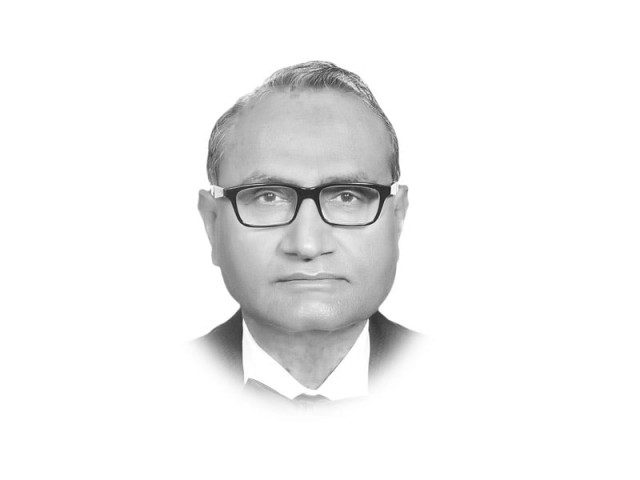The judge who denied justice to the landless
In the absence of genuine land reform, there can be neither justice nor a truly representative democracy


In 1990, the Supreme Court’s Shariat Appellate Bench had declared land reforms ‘un-Islamic’. Since then, all governments and almost all political parties, including the initiator of land reform, not forgetting the practitioners of the dismal science called economics, had glossed over the critical issue of rapidly rising rural inequity. Two decades on, seven parties led by the president of the Awami Workers Party, Mr Abid Hassan Minto, filed a petition to review this verdict in the Supreme Court on December 13, 2011. It did not come up for hearing before February 2013.
During the hearings held on June 6-7, the head of the bench observed that “land beyond use should be considered land owned by the state”. This, according to him, would not be against the tenets of Islam. Hailing as he did from Balochistan, he wondered why thousands of acres in that province were with fake, absentee landlords not interested in cultivation, despite the availability of water. He stressed the need to convince the members of parliament to make laws to limit land ownership. He also sought clarification from the government about the implications of the devolution under the 18th Amendment on the subject of land reform.
It was a large, nine-member bench headed by the all-powerful, much-feared and popular Chief Justice Iftikhar Muhammad Chaudhry, raising hopes that the injustice done to the poorest of the poor will finally come to an end. In October 2013, however, the then chief justice flatly declined to nullify the decision of the Shariat Appellate Bench. Instead, the petitioners were asked to make the non-functional Federal Land Commission and scores of others as party to the case, adding further confusion to the matter. The petitioners were asked to file a fresh plea. And there the case rests, giving legitimacy to private landowners created by the British to buy their loyalties. During the Mughal period, land belonged to the state and was entrusted to the notables to collect revenue. They were not given ownership. The indecision condemned the wretched of the earth to eternal bondage. In the absence of genuine land reform, there can be neither justice nor a truly representative democracy.
Now retired, the same chief justice has announced the formation of a new party, oddly named the Pakistan Justice Democratic Critic Party. The late Justice Sabihuddin Ahmed, a friend from Government College days, once showed me some judgments written by Justice Chaudhry. They were full of contradictory usage of words and terminology. Only he can be the Critic of ‘Justice Democratic’ without a comma or a hyphen. The elaborate 20-point programme of the new party includes, of all the things, a promise to implement land reform! Shall one say: Wo aye hain pasheman lash per ab/Tujhe ae zindagi laoon kahan se or Ki meray qatl ke baad us ne java se toba/hai is zoode pasheman ka pasheman hona.
Published in The Express Tribune, January 1st, 2016.
Like Opinion & Editorial on Facebook, follow @ETOpEd on Twitter to receive all updates on all our daily pieces.















COMMENTS
Comments are moderated and generally will be posted if they are on-topic and not abusive.
For more information, please see our Comments FAQ